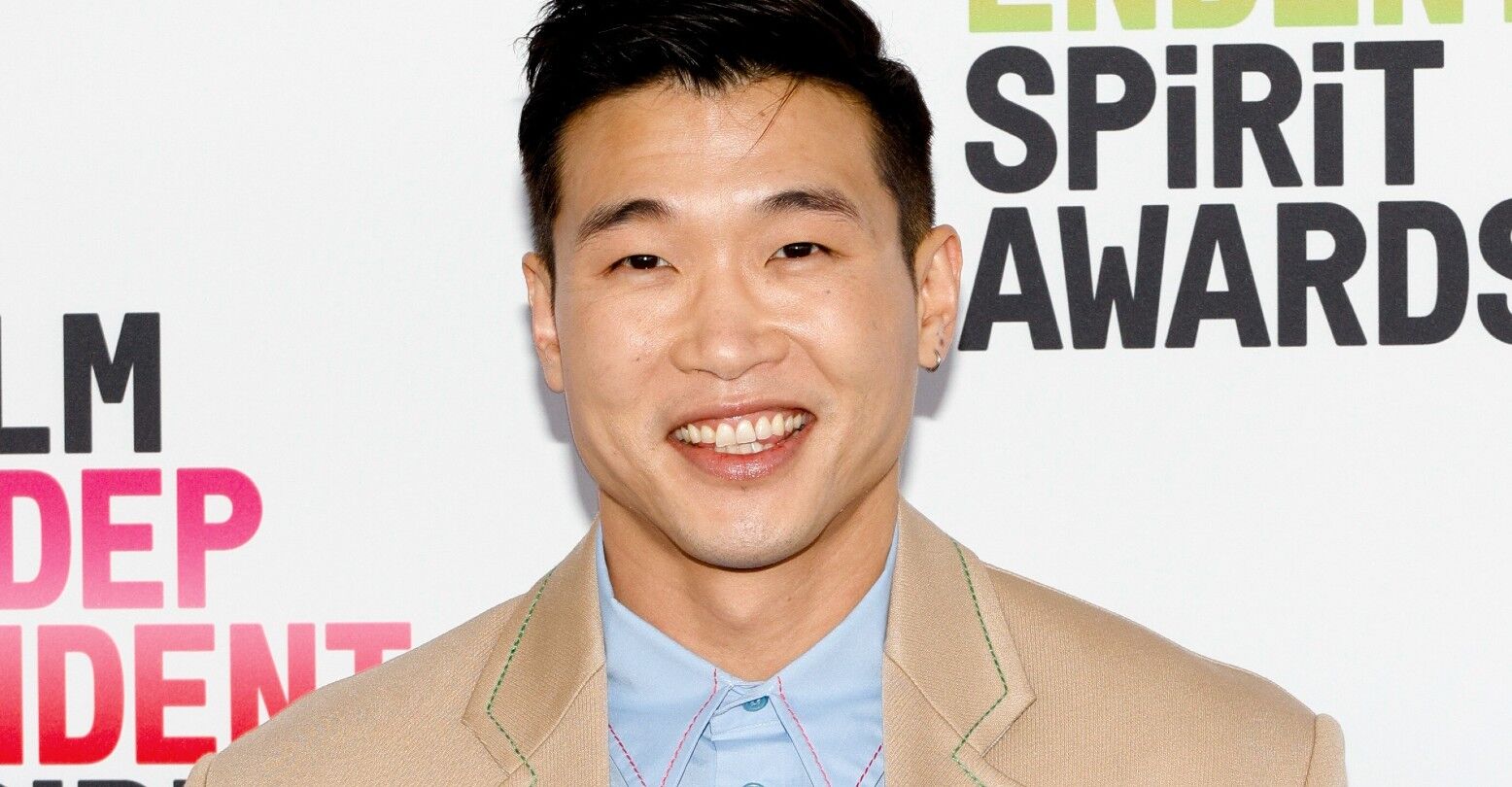Comedian and actor Joel Kim Booster has given a candid and insightful interview to the ‘The Mental Game’ podcast.
Talking to host Brandon Saho, Booster, 36, opens up about struggling with realizing he was gay when he was a teenager — and contemplating suicide during his darkest moments.
He reveals that he also experienced depression after finding success, even though this was something he’d dreamed of achieving and which he believed would make him happy. This led to him seeking therapy and receiving a bipolar diagnosis.
Culture, unfiltered
Twice a week, our newsletter will bring you the pulse of queer culture, from the tastemakers to the groundbreakers.
Early life and home-schooling
Booster was born in South Korea and adopted by an American couple as an infant. He was raised in an evangelical Christian household and homeschooled until the age of 16. He says it was “very sheltered” and “sucked”.
On the podcast, he says his mental health began to suffer from the age of 13 onwards. He said he began to have “major meltdowns” as a kid, which resulted in his parents sending him to see Christian therapists.
“I did not see any real therapist and they were very against putting me on any sort of medication. I was suicidal. I was violent. I was like, um, out of control.
“They wanted me to pray it all away. They did not want me to talk to any normal reputable mental health specialist.
He said he had his first suicidal thoughts at 13.
“It was definitely thinking I was going to hell or that I was going to be gay and there was nothing I could do to change it.”
Coming out
He said at the time he planned to never come out to his family. However, he ended up coming out when he was finally sent to a public school at the age of 16. He was out for a full year before his parents read his journal.
“And that’s how they found out and this was like after a full year of being out hooking up, drinking, smoking, partying, doing all the things that I couldn’t do when I was homeschooled. Like, they gave me an ounce of freedom by sending me to public school, and I just went absolutely nuts for a year.
“Then they read all of that in my journal and I had a complete mental breakdown. I was institutionalized for a week, came back to school, moved out of my house at 17.”
Booster spent some time sleeping in a car and then at a classmate’s home for the rest of his senior year.
“It was a really tough time and I didn’t really talk to my parents again until I was in college probably.”
Finding help
In seeking help for his mental health, Booster says he didn’t start seeing a therapist until he was in his 30s.
“It took me I think 15 years to finally ask for help. I got to rock bottom and it just got me to a point where I didn’t know what else to do. I told my mom I don’t know how to live anymore.”
A therapist diagnosed him with bipolar type II, which he says has been crucial in helping him deal with his mental health. Despite this, he has continued to deal with depression – even in the last five years since he began to enjoy success.
“Suddenly you have everything that you thought would make you really really happy,” he says of his fame and success. “And if it doesn’t then it is just really hard. Like, then what?”
Booster talks about learning to navigate the manic episodes that characterize bipolar disorder, including working with a psychiatrist and experimenting with his medication dosages.
He also talks about losing his dad during the pandemic. The two men had “mended a lot of things” by the time the older man passed.
He also says meeting his partner, and the healthy support he provides, has been a tremendous help.
It’s a brave, honest discussion on the mental health struggles so many queer people deal with, wherever they are in life or whatever industry they work in.
You can watch the whole episode below.
RelatedThe rates were higher among POC, transgender and nonbinary youth.














